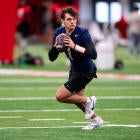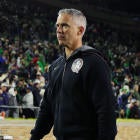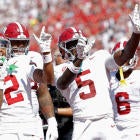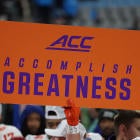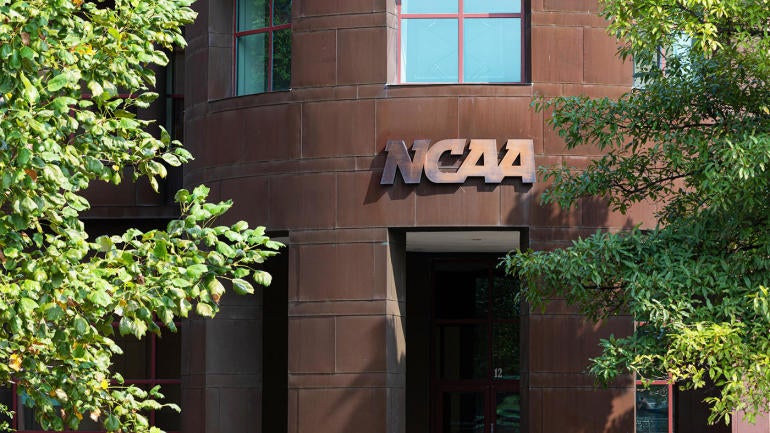
As college football enters its second year of dealing with COVID-19, the NCAA has issued updated guidance on testing and tracing protocols for all fall sports. These guidances arrive as the Delta variant of the virus continues to cause spikes in various under-vaccinated parts of the U.S.
"Current vaccination rates remain inadequate to provide community-level immunity," NCAA Chief Medical Officer Brian Hainline said in a statement. "It is essential that member schools work in concert with federal, state and local public health officials to develop COVID-19 prevention and management strategies that make sense for them."
The key distinctions in the protocols naturally fall between those players and coaches who are fully vaccinated (or have tested positive in the past 90 days) and those who are unvaccinated. The NCAA recommends not testing fully-vaccinated players and coaches unless they are symptomatic. Meanwhile, unvaccinated individuals would be tested three times week. If at least 5% of a team tests positive, all symptomatic people and close contacts will need to be tested.
Additionally, vaccinated athletes also don't have to quarantine after a close contact.
Masking up is another area of notable difference between vaccinated and unvaccinated players and coaches. While vaccinated individuals will still have to mask up indoors, those who are unvaccinated will have to mask up pretty much everywhere.
Conferences or schools might end up with their own protocols, but the NCAA's guidelines likely set a benchmark for the 2021 season. In short, if anyone remains unvaccinated, be prepared to take a lot of tests and wear masks.









